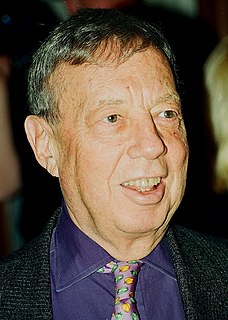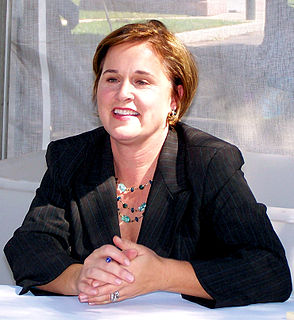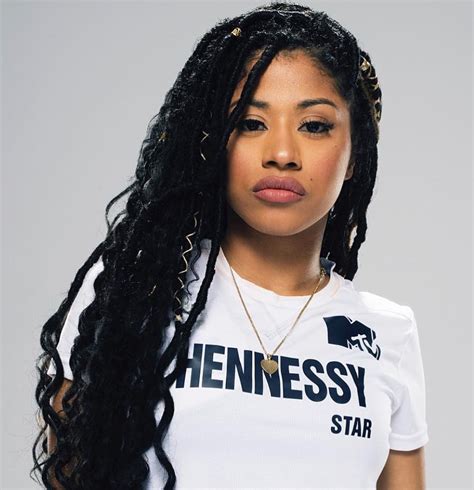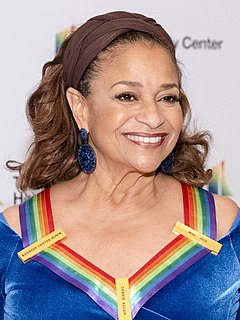A Quote by Cy Coleman
When I was four years old, my mother owned some tenements in the Bronx.
Related Quotes
If we could magically transport ourselves back to the young Earth, when it was only a billion years old or two billion years old or three billion years old or four billion years old, we wouldn't be able to survive. We would have a hard time surviving if we were transported to the time when dinosaurs were around.
When I was nine years old, living on the south side of Chicago, my father was a minister and my mother used to scrub floors. I had seven brothers and four sisters. I told my mama, 'One of these days I'm going to be big and strong and buy you a beautiful house.' That's all I've ever wanted to do with my life, is to take care of my mother.
Just take the negro child. Take the white child. The white child, although it has not committed any of the per - as a person has not committed any of the deeds that has produced the plight that the negro finds himself in, is he guiltless? The only way you can determine that is, take the negro child who's only four-years-old. Can he escape, though he's only four years old, can he escape the stigma of discrimination and segregation? He's only four-years-old.







































